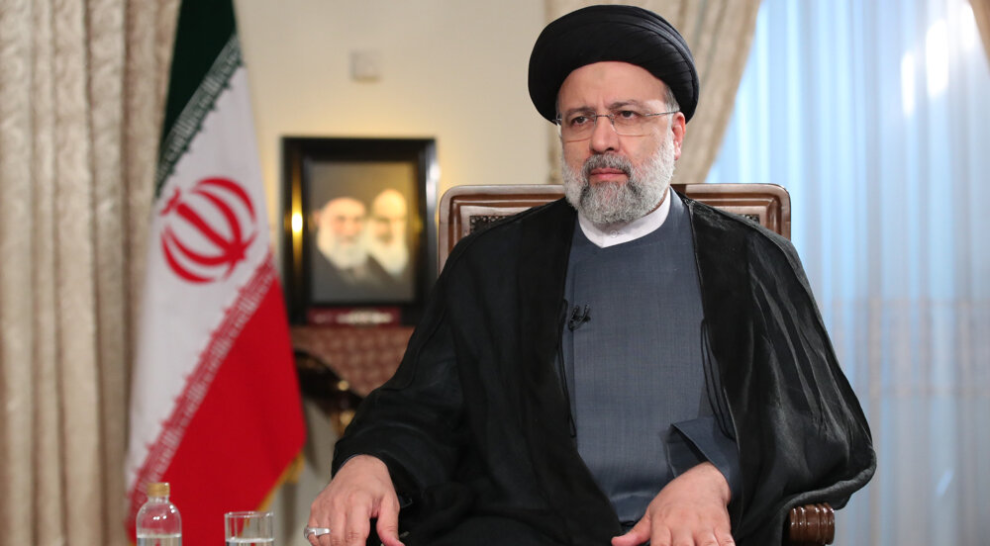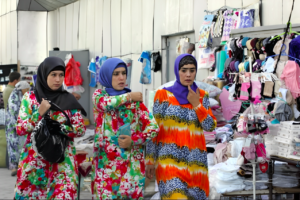Iranian President Ebrahim Raisi came to South Africa, as Tehran, still under heavy US economic sanctions, seeks to deepen its partnerships across the African continent. Since taking office in 2021, Raisi has implemented strategies to strengthen Iran’s foreign policy approach.
Last July, Ebrahim Raisi visited Kenya, Uganda and Zimbabwe, marking the Iranian leader’s first visit to the African continent in more than a decade. In Kenya, he called Africa a “continent of opportunity” – emphasizing its potential as a market for Iranian products. “None of us is satisfied with the current volume of trade and economic exchange between countries,” Raisi said at the time.
In August this year, the Iranian President was also in South Africa to attend the JCC South Africa-Iran Joint Cooperation Commission, held ahead of the BRICS Summit.
Ebrahim Raisi’s official visit to Pretoria this time comes just one week after South African Foreign Minister Naledi Pandor visited Tehran.
The BRICS countries – Brazil, Russia, India, China and South Africa – have invited Iran and five other countries to join the group in January 2024.
Historical relations between South Africa and Iran
Relations between Iran and South Africa date back to the apartheid era, when Iran supported the South African liberation movement. Iran was one of the first countries to lift sanctions on South Africa, after the country achieved black majority rule in 1994.
The South Africa-Iran JCC was established in 1995, and the two countries have signed several bilateral agreements in almost all key areas.
During a JCC meeting held in August in Pretoria, Iranian Foreign Minister Hossein Amir-Abdollahian said Iran seeks to strengthen its ties with South Africa for mutual benefit.
“The Islamic Republic of Iran is fully ready to enhance bilateral relations with South Africa without any restrictions in all areas of mutual interest, such as scientific cooperation, upgrading of new technologies, exchange of new technologies as well as culture, tourism, economy, trade and new energy,” said Amir -Abdollahian.
Iran’s exports to Africa in 2022 reached US$1.28 billion, up from US$579 million in 2020, according to the Middle East Institute.
What are the benefits for South Africa?
By 2023, Iran’s trade volume with African countries is expected to increase to more than US$2 billion, according to the Iranian Foreign Ministry. Growth in some target regions is even greater, with Iran’s engineering and engineering services exports to Africa increasing by 700% by 2022.
“Iran is also aiming to increase trade with other countries on the African continent,” Sended Hoseini, director of the Islamic Center for Africa, told DW. Hoseini said further, South Africa is trying to take advantage of Iran’s geographical position for its trade with other BRICS countries.
“Iran is located at a very strategic point in the Middle East and South Asia. In that region Iran can facilitate India and Russia to connect via the north-south corridor,” said Sended Hoseini. “And then it can connect China with the Persian Gulf, and from the Persian Gulf, it can connect to South Africa and connect the rest of the world.”
Iran remains on the US sanctions list and its proximity to South Africa raises eyebrows, some analysts say. However, South African Foreign Minister Naledi Pandor said the two countries had the same position on global issues.
“Our intention, both as South Africa and the Islamic Republic of Iran, is to encourage a world at peace with itself,” Pandor said in a recent meeting with his Iranian counterpart.
Source : Detik News











